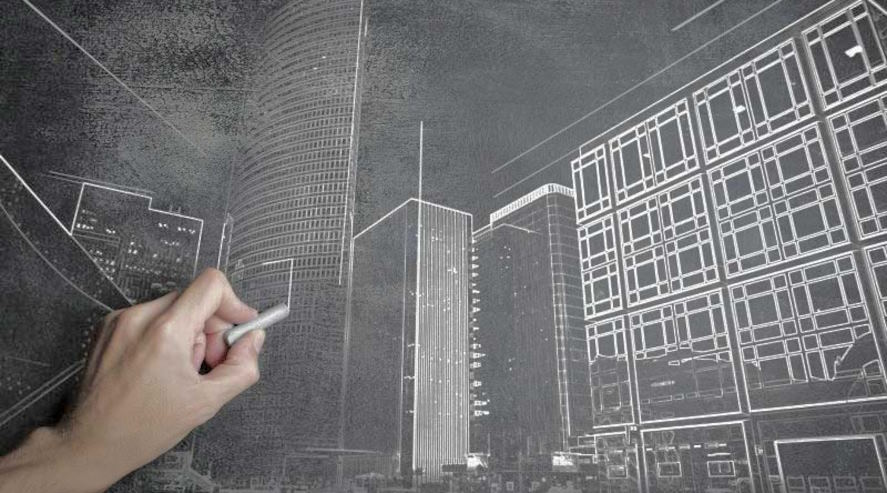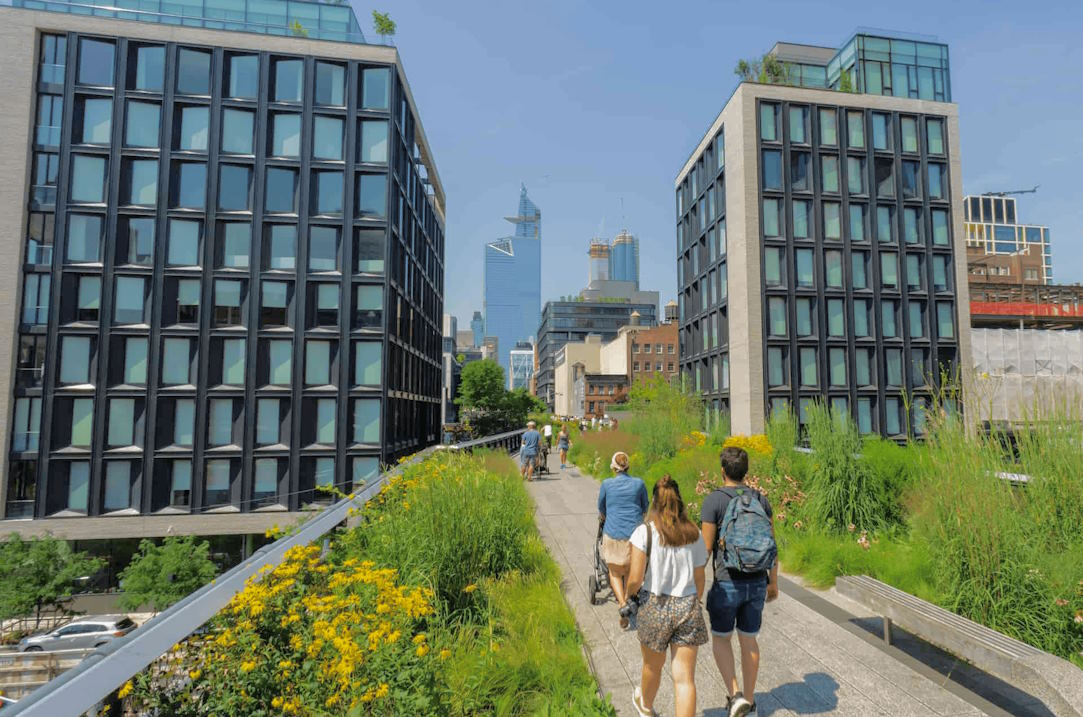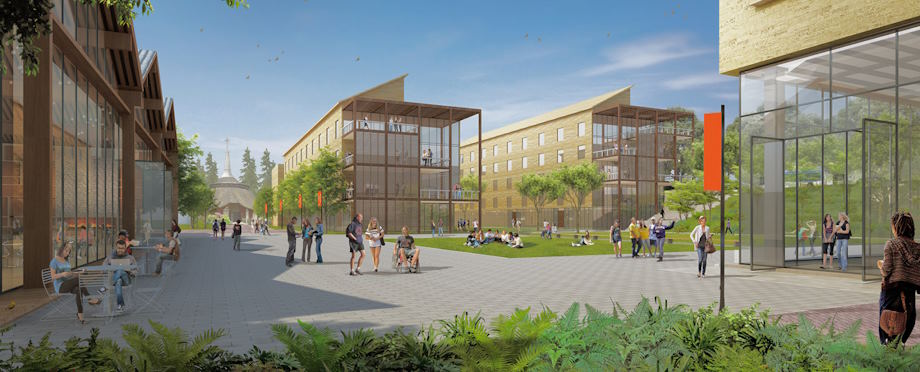Equity and Social Justice in Urban Planning Initiatives
Product Information
In urban planning, social justice refers to establishing just and equal urban environments for all citizens, regardless of race, ethnicity, income, or other social factors. It develops urban areas where people have equal access to the resources and opportunities needed to thrive. Urban development practices have often perpetuated historical and systemic inequalities, which this concept seeks to address and rectify and urban planning initiatives strive for equity and social justice.
Encourage creativity and resiliency
The fifth step in advancing social justice and equity in urban settings is innovation and adaptability in urban planning and governance. The inventiveness and inventiveness of the populace, as well as their projects—such as social enterprises, cooperatives, or grassroots movements—must be welcomed and encouraged by urban planners. The urban planners must prioritize justice to build inclusive cities and can design more resilient and sustainable urban futures by encouraging innovation.

Establishing parks and other areas for leisure in every neighbourhood
By giving everyone access to areas for recreation and relaxation, parks and recreation centres can contribute to the fight against poverty and inequality. These areas can also aid in lowering crime rates and enhancing public health. One way to create parks and recreation areas in pre-existing neighbourhoods is to turn underutilised land and vacant lots into them.

The advantages of diversity in urban areas
Urban diversity is the existence and interaction of different groups and cultures, each with its own identity, values, and points of view. It can serve as a source of ingenuity, creativity, and resilience, the catalyst for social change and justice. Urban diversity can be strengthened or weakened by how urban design promotes or inhibits the expression, representation, and participation of different groups and cultures in the public domain. Basically, social justice considerations are integral to urban planning efforts. By providing areas and resources for cooperation, communication, and education, urban design fosters a sense of collective ownership and belonging among communities.


